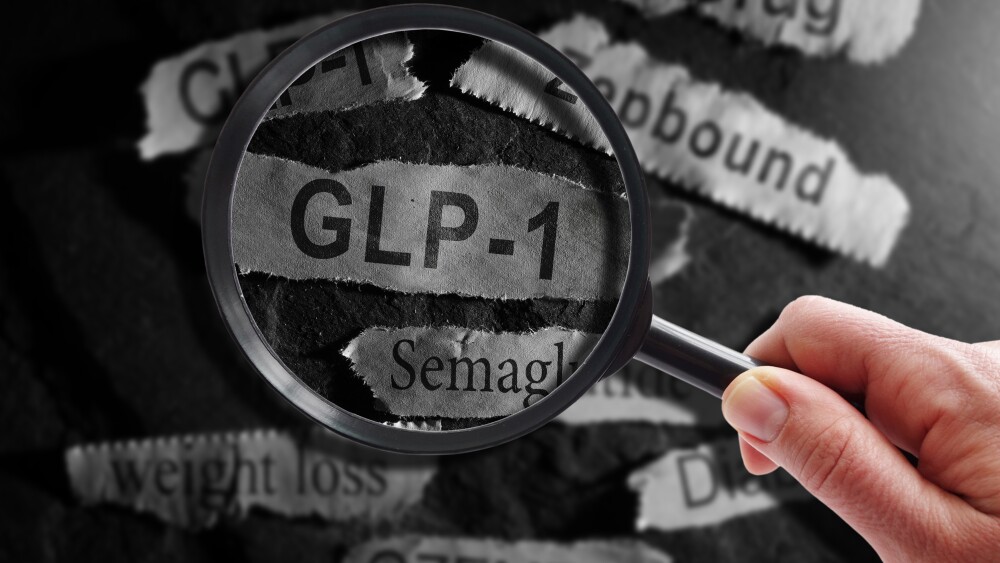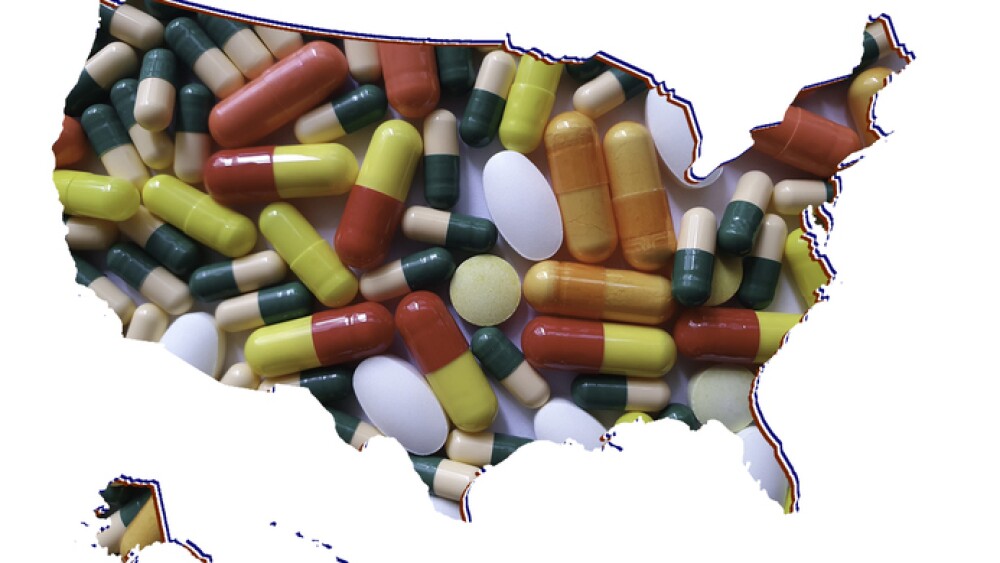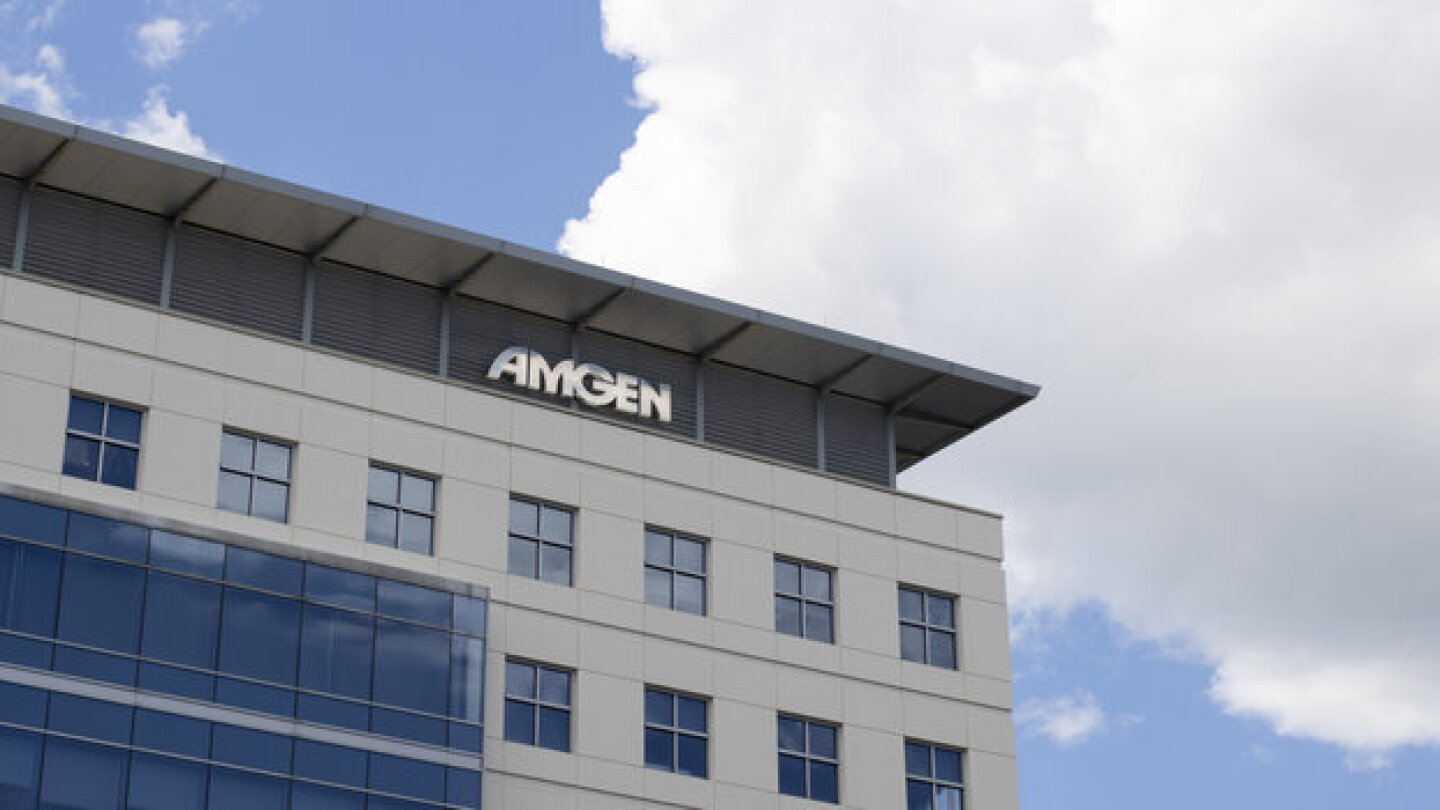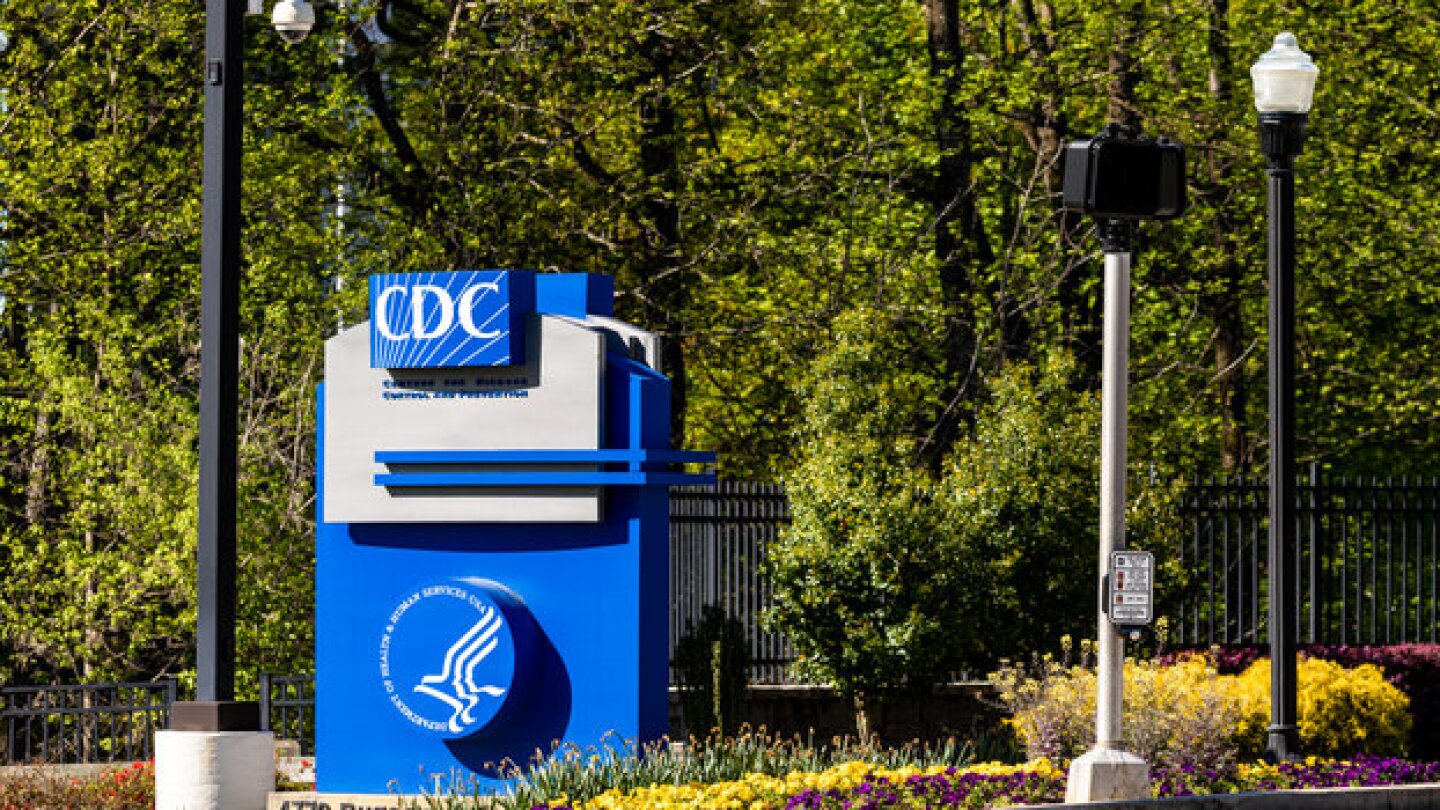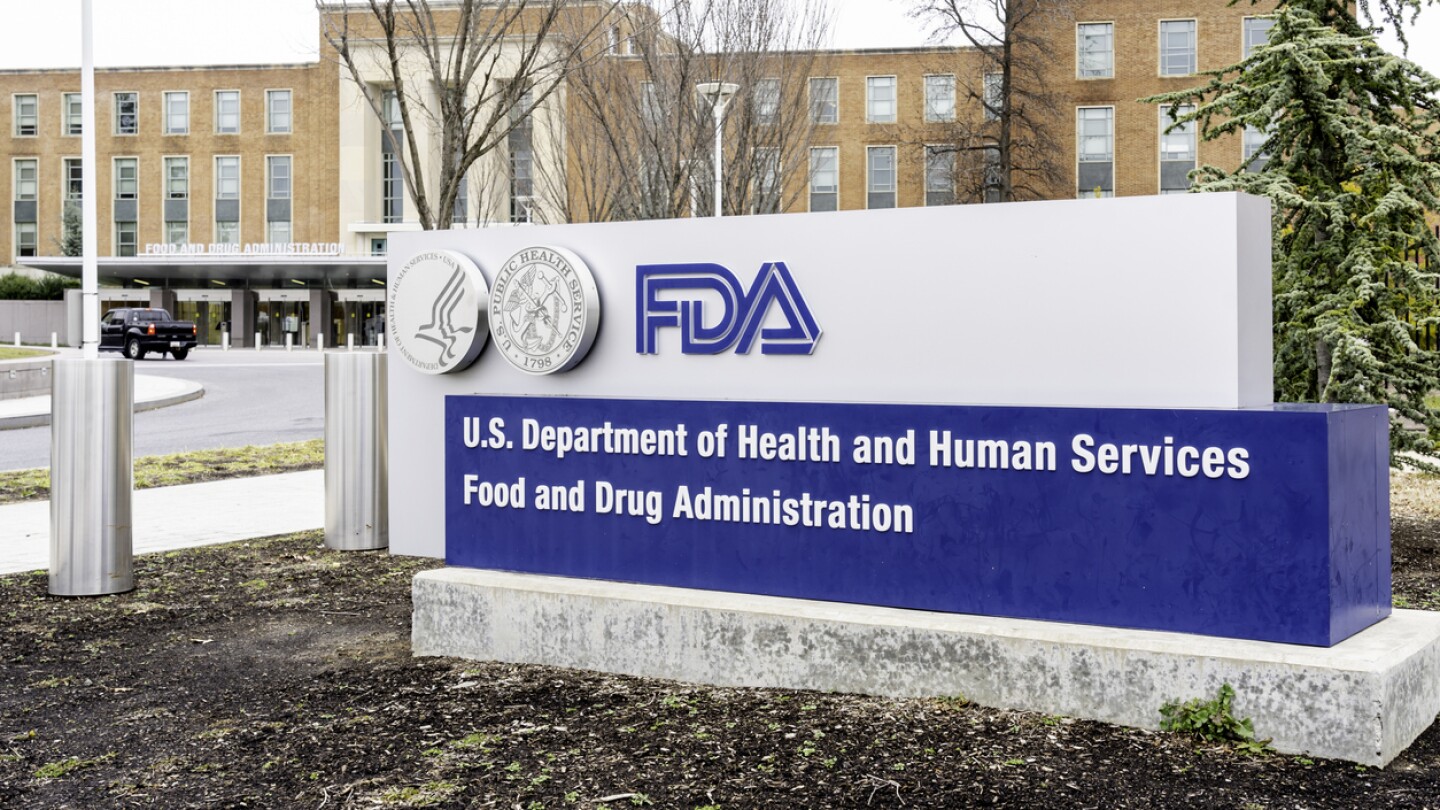News
The Commissioner’s National Priority Voucher awards companies that align with specific national priorities—such as boosting domestic manufacturing and lowering drug prices—with faster reviews and more frequent interactions with the FDA.
FEATURED STORIES
The FDA has vowed to fix a pharma ad loophole—but they’re targeting the wrong one.
The patient-specific nature of autologous cell therapies presents unique challenges that can best be addressed by a middle path between on-site and centralized manufacturing.
Some observers see risks to becoming over-reliant on local facilities, noting the potential need for trade partners if domestic production is disrupted.
Job Trends
AN2 is discontinuing a study that evaluated epetraborole for treatment-refractory MAC lung disease and plans to shift focus to its boron chemistry platform.
FROM OUR EDITORS
Read our takes on the biggest stories happening in the industry.
Novo Nordisk, under new CEO Maziar Mike Doustdar, has a new attitude. It’s making Pfizer livid.
THE LATEST
Skye Bioscience’s nimacimab fell short of investor and company expectations, but showed encouraging weight-loss results when combined with Wegovy, according to analysts at William Blair.
Amgen will offer its lipid-lowering drug Repatha directly to patients for $239 per month, representing a nearly 60% reduction from the current wholesale acquisition cost of $527.70.
A new survey from CRB showed that most manufacturing initiatives in the U.S. made in response to tariffs are coming from Big Pharma companies, while smaller biotechs are left to hope “the situation doesn’t get worse.”
The inaugural 40 Under 40 cohort includes CEOs, leaders who have founded or co-founded their company and executives from a range of disciplines. Winners’ accomplishments include shaping drug development, achieving key FDA milestones and launching a new field of study.
Cell and gene therapy experts question where the FDA designation fits in an environment that features a range of intersecting regulatory perks.
A new group of CDC advisors voted last month to separate the chickenpox vaccine from the measles, mumps, rubella components of the MMRV shot due to concerns over febrile seizures, while recommending a more risk-based approach to COVID-19 immunizations that mirrors recent FDA approvals.
The hold was placed earlier this year when the FDA asked for more preclinical data, but the agency was slow to respond due to ‘strain’ on its capacity, according to Neurizon.
AstraZeneca has invested heavily in AI, primarily through collaborations, including an up to $5.3 billion partnership with China’s CSPC Pharmaceutical in June.
This latest FDA program aims to provide speedier reviews for generic drugmakers who produce their products in the U.S.
Rocket Pharmaceuticals’ strategic realignment initiative in July pulled funding from fanca-cel, which the biotech was developing for Fanconi anemia.




